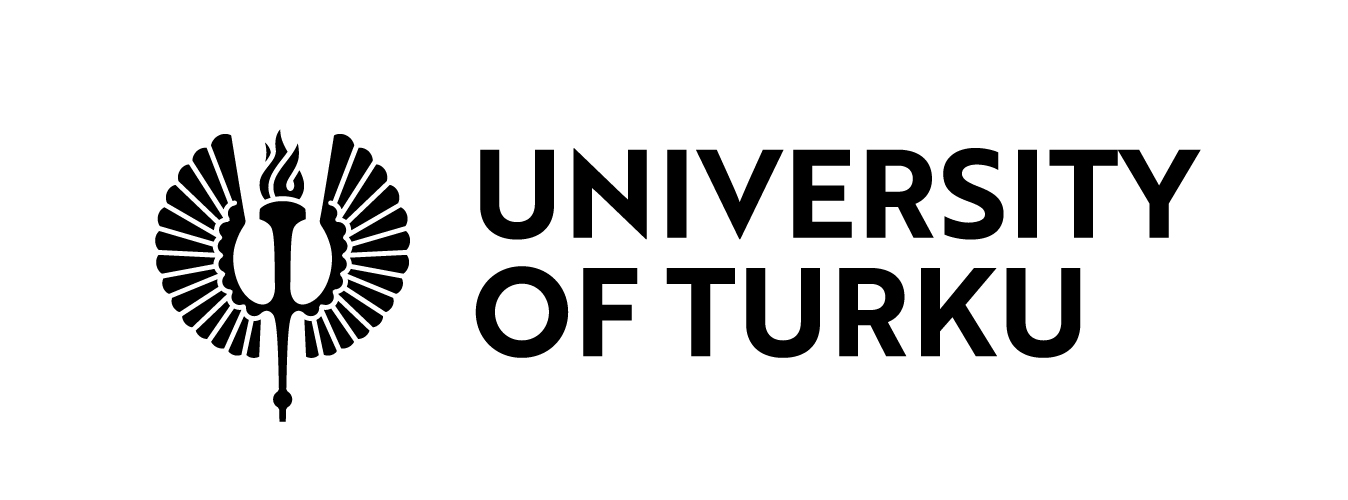Dr. Elvira Kaneberg: Let the Corona-crisis lead to a boost for Swedish preparedness!
Assistant Prof. Elvira Kaneberg with Assoc. Prof. Leif-Magnus Jensen, Jönköping University
The following text was first published in Swedish on VERTIKALS blog* by Kaneberg on 3 April 2020. During the following weeks, Kaneberg & Jensen will enlighten the theme with a related set of short presentations.
Let the Corona-crisis lead to a boost for Swedish preparedness!
Despite the challenges of recent years, Sweden’s preparedness is still divided into two large planning systems – one civilian and one military. A better cooperation with other sectors such as businesses, health services, transport, communication, and the food industry are necessary to deal with crises like the one we are currently facing!
Before I started research in the field of emergency preparedness, I worked for many years in The Swedish Defence Materiel Administration, FMV, for the last ten years within logistics. I was able to witness first-hand how Sweden managed the preparedness which had been built up previously. Field hospitals, vehicles and other material was sold off and disappeared in the general disarmament trend that swept the country. Few seemed worried that the international security map could be redrawn – and few talked about the risk of extensive fires, terror attacks or other natural disasters. Presumably even fewer envisaged that Sweden should be brought to a halt by a corona-pandemic.
Sweden does have a preparedness system, however fractured and divided into different planning systems it is unnecessarily and unacceptably weak.
My doctoral dissertation on the planning and management of crisis response and civil dense in Sweden, 2018, deals with the issue of how different supply chain networks can be developed and coordinated in order to give a real impact on the effectiveness of Swedish preparedness. The dissertation shows that health services, transport, communication, and the food industry are examples of different supply chain networks that are necessary in order to support preparedness planning. The dissertation also gives examples of how the different actors that are part of the national level planning must be coordinated in order to meet fast-changing demands on Sweden’s safety and security.
However, to start with Swedish preparedness must build on a much more comprehensive assessment of risks and threats than today. There are many other states of being in between peace and war, as we are so painfully reminded today. The perspectives must change, and we must face new types of crises and complex situations to a much greater extent than before. For example, an extensive cyber-attack on society be an event in the “grey zone” between peace and war.
Sweden’s preparedness needs to develop in order to meet fast-changing threats and new demands on preparedness. The planning must include all types of risk and threats in an “all hazards” approach to planning and this must guide how different actors in society are involved in different supply and preparedness networks.
Beyond this the coordination between the Swedish actors must be improved radically. We cannot have two preparedness systems, one civil and one military, with poor links between the two. For example, MSB, The Swedish Civil Contingencies Agency and the Swedish Armed Forces are placed under different government departments.
Furthermore, the civilian and voluntary actors should be coordinated, sometimes by agreements but always in terms of structures that capture their impressive commitment in an effective way. There should always be a well-functioning plan B and plan C, and it should not be necessary to think too much once systems are put to the test.
Deficiencies in Swedish preparedness became all too obvious during the great Västmanland forest fires in 2014, and repeated forest fires in 2018. The response was in part chaotic and became an eye-opener for the type of preparedness really needed in a crisis. The cooperation within Swedish preparedness has improved over the last few years – between civil authorities and military organizations, for example after the terror attacks in Stockholm 2017. So far however it is not enough. The system must be modernized and made more effective.
It may seem off the mark to discuss changes in preparedness in the middle of a crisis, but I still believe it is needed. The Corona-crisis can be a chance to change Swedish preparedness from first principles. It demands, however, that different parts of the preparedness system find new and improved ways of working together.
*VERTIKALS Vertikals.se is a blog. It is not a peer-reviewed journal. The opinions expressed by the authors and those providing comments are theirs alone, and do not reflect the opinions of Jonkoping University. Jonkoping University is not responsible for the accuracy, completeness, correctness, suitability, or validity of the information on this site and will not be liable for any errors, omissions, or delays in this information or any losses, injuries, or damages arising from its display or use. Vertikala is funded by Jönköping University and the Carl-Olof and Jenz Hamrins Foundation.
Download the text as a PDF-document here.



